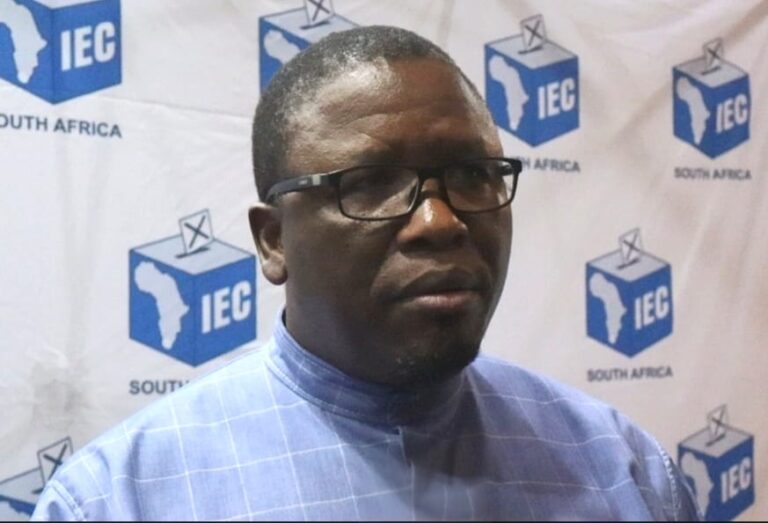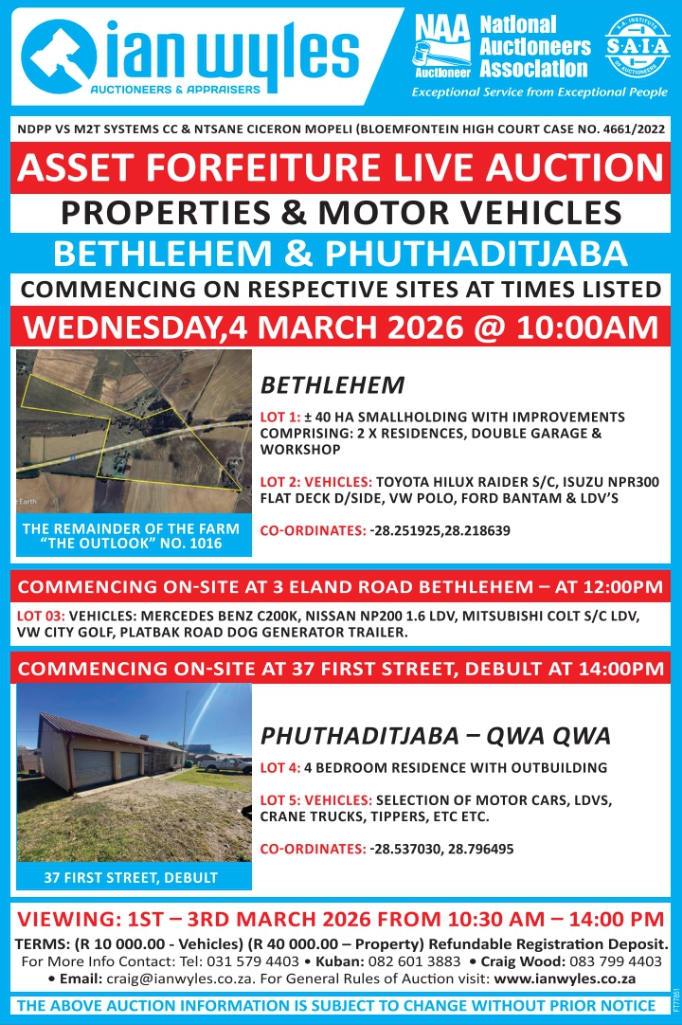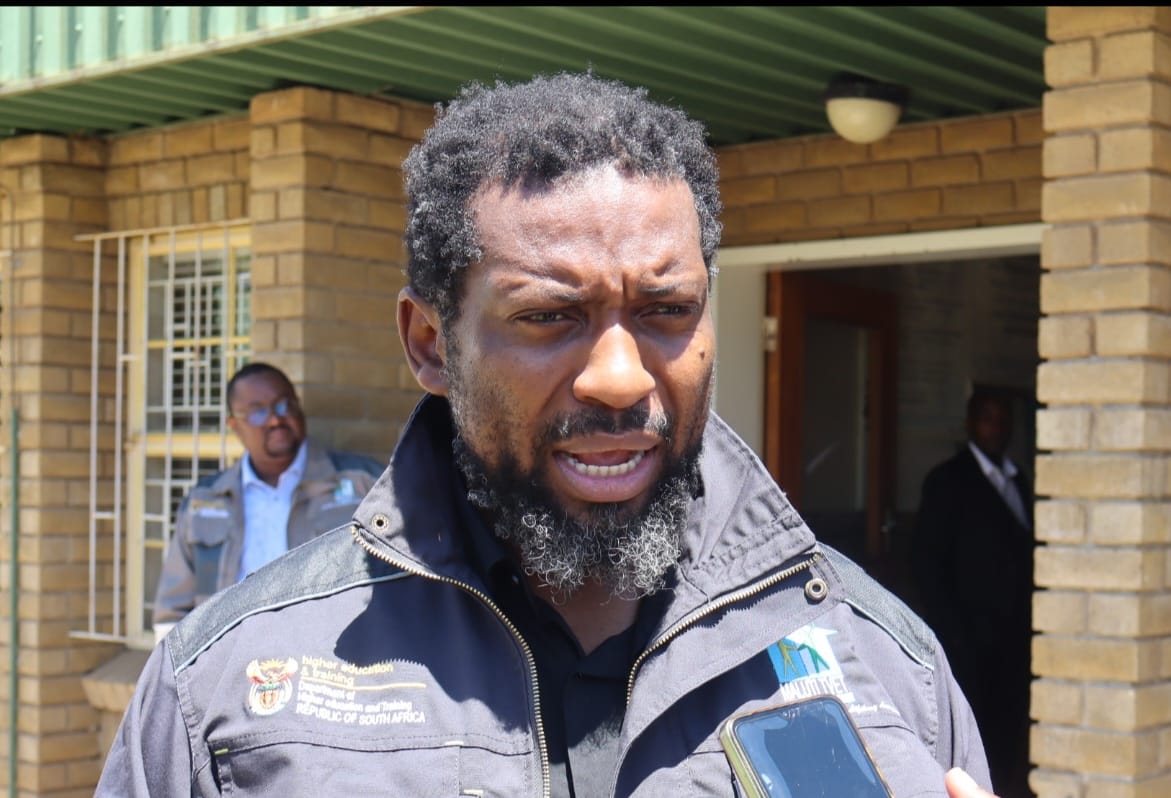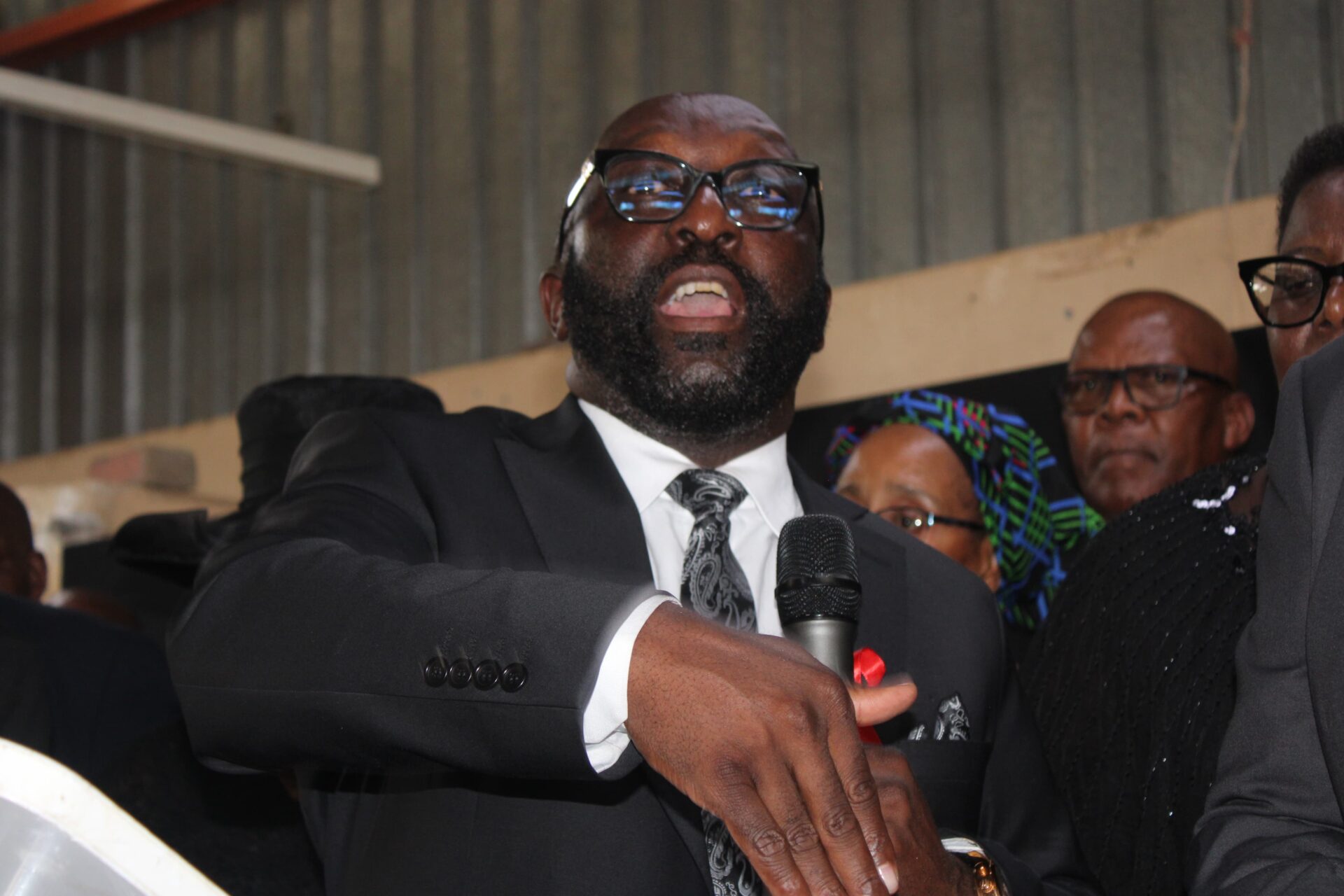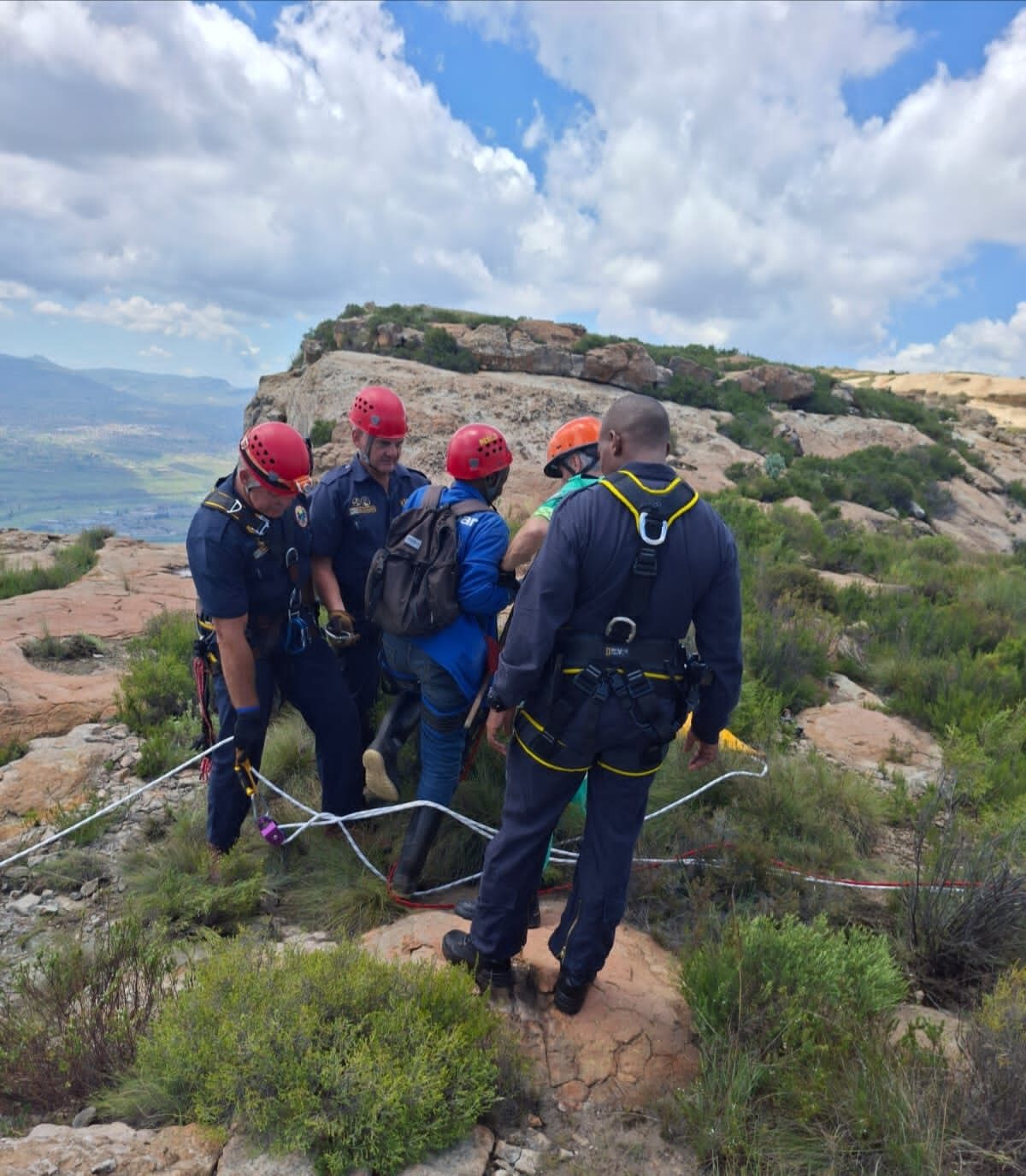By Emily Setona
QWAQWA – The University of the Free State’s (UFS) Qwaqwa campus held the book launch of a book titled Migration, borders, and borderlands and those who took part in the research agreed that crossing the border for some is a death trap.
During the launch that was held in the Education building on May 22, representatives of various Basotho royal households who participated in the research process that formed part of writing the book were present and shared their thoughts on the book.
According to Morena Tsebang Kakuli from Sterkspruit the researchers went all the way to the Eastern Cape to find out how this community lives, and this royal household is very grateful to the team for extending their reach to them.
“Where I come from, the residents of Lesotho and Sterkspruit are siblings; we are only separated by a river. When we wake up in the morning, we can easily check on each other. The painful part about all this is that our river has boats that ferry people, and are moving coffins. People cross the river in barrels and which are death traps that make it a very critical issue to investigate the documentation of Lesotho nationals. Our community members are victims of livestock theft, human trafficking, and many horrendous challenges. The South African government must do more to look into the documentation of Lesotho nationals because some of these people have South African IDs and Lesotho IDs as well,” Morena Kakuli said.
Morena Kgomotsaona Lebenya from Matatiele – representing the Bakoena clan of Mabenyeng – said the research team that was led by Dr. Munyaradzi Mushonga and Dr. Grey Magaiza from the UFS Centre for Gender and African Studies (CGAS) visited them and the Moshoeshoe royal household in the Eastern Cape to find out about their experiences with Lesotho nationals.
“This is a very profound and meaningful book; the research was done regarding our experience as neighbours with Lesotho. We are very proud of this book launch and I believe that people who read it will learn a lot,” Morena Lebenya said.
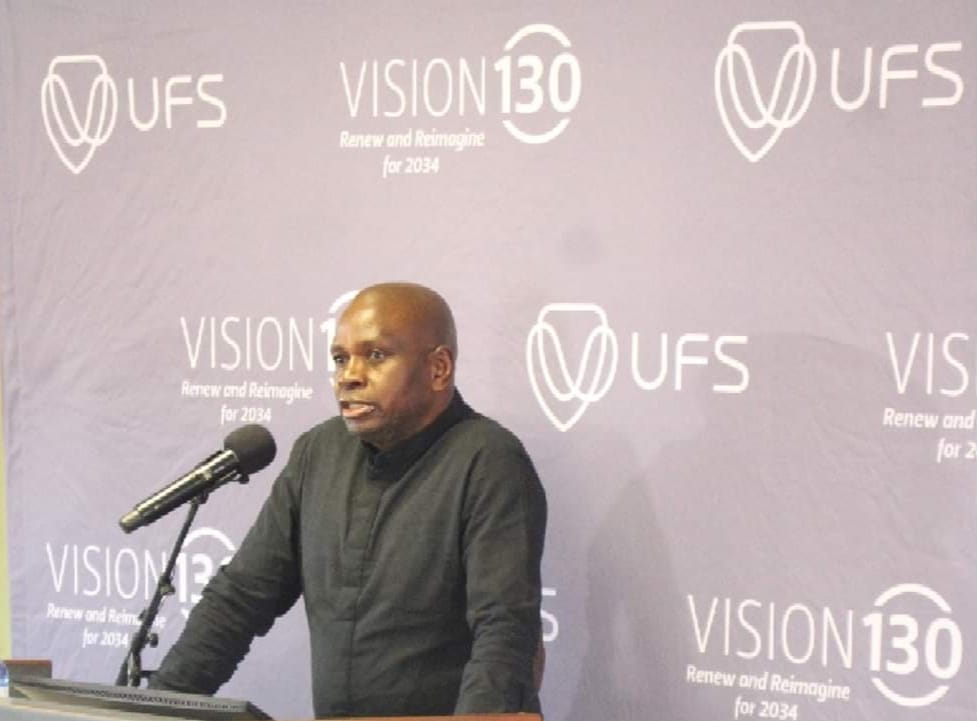
Dr Munyaradzi Mushonga programme director at the UFS centre for gender and African studies and coauthor of the book Migration, borders and borderlands.
Addressing the audience, Mushonga said: “In the 21st century we are trying to move towards new ethics of living together but we are still faced with systemic challenges that we still need to overcome. There are so many legal crossing points but for every legal crossing point there is one or two more illegal crossing points.
“When people cross the border legally, they face so many challenges, even when they cross illegally there are similarly so many challenges. There is a new terminology that is called ‘Paqama’, which refers to the act of crossing the border illegally. No matter how much we want to police our borders, people are always creative when they want to overcome a barrier or border.”
Among those present where representatives from the Maluti-a- Phofung (MAP) Batlokoa royal household Morena Matoane Mota, a representative from the Bakoena royal Household Morena Tsolo, and a representative of the Makholokoe royal household Morena Earnest Moloi as well as the Thabo Mofutsanyana District Municipality’s Municipal Manager Takatso Lebenya and Professor Prince Ngobeni – the principal of the UFS Qwaqwa campus.







